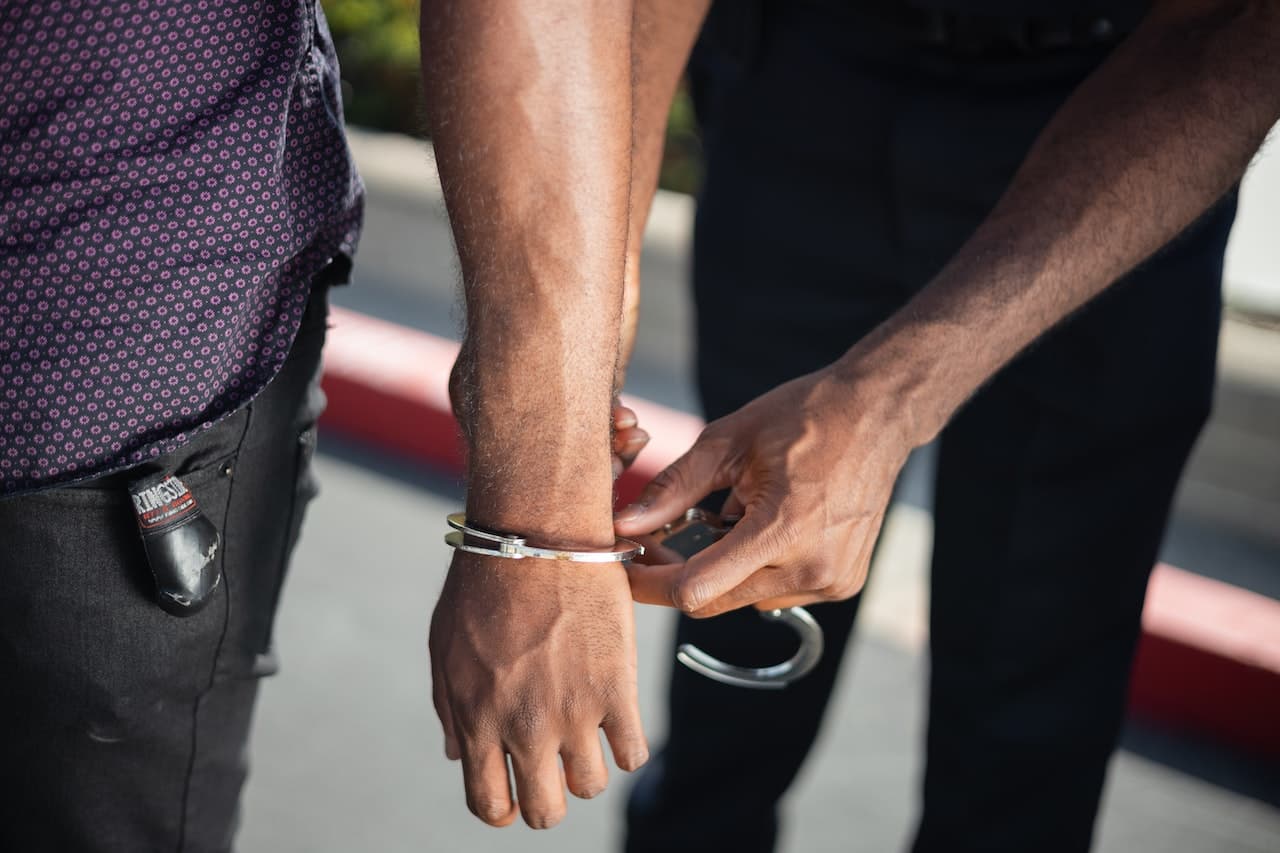
07 Apr I Got Arrested, What Should I Do Now?
No matter the circumstances, getting arrested can definitely cause some worry. Knowing what happens during the arrest process can help you protect yourself. From processing to arraignment, here’s what you can expect if you ever get arrested.
What To Do If You Get Arrested
Many people think that they can talk their way out of their arrest. But in fact, they are more likely to say something that can be detrimental to their case. No matter why you have been arrested, your best course of action is to say nothing.
Exercising your right to remain silent until you are able to consult with an attorney is the best way to help your case. If you are being questioned or being taken into custody by the police, ask for a lawyer, then remain silent.
The Arrest
There are two main components of an arrest: processing and arraignment. These two procedures combined can take over 24 hours to complete in some cases.
Processing
During processing, there are a few things that will happen. The police officers will:
- Take down your information
- Make copies of your identification
- Take your fingerprints
- Take your booking photo (commonly known as a mug shot)
After Processing
No matter the type of charges (misdemeanor or felony) you will be processed through the local police station where you were arrested. After processing, they may send you away with a court date, or they may keep you in jail to await a judge.
There are two possible situations after processing:
- For petty offenses and most misdemeanors you will be released with a court date.
- For felonies, multiple misdemeanors, or violent situations, you will be held for up to 24 hours before seeing a judge for arraignment.
Arraignments
Arraignments are used to determine your release conditions. These conditions range in severity and depend on the charge, the judge, and your behavior. It is essential that you remain respectful and listen to your lawyer’s advice.
There are many possible release conditions. Here are some examples:
- You can be released on your own recognizance, meaning you do not need to check in with anyone until your next court date.
- You can go through pretrial services, which are similar to probation. You will need to check in with a monitoring unit that will ensure you stay in the state and out of trouble.
- You may be required to post bail (also known as a bond). This is a sum of money held to ensure you stand trial and stay in state.
- The judge may decide to keep you in custody. This is common with charges like sexual offenses, murder, or other violent charges. It is also common for people who break parole to be held in custody.
After the Arrest
After the arrest, and depending on your type of arraignment, you will either stand trial or accept a plea deal. It is important to make sure that you arrive on time for all your court dates, and keep copies of important paperwork in a safe place.
If you are facing the possibility of jail or prison, making plans with family and friends for important things like child or pet care is also a good idea. And if you are going to stand trial, you will need a good defense lawyer.
Todd Coolidge Can Help You
Choosing a lawyer does not need to be complicated. Todd Coolidge has over 25 years of experience in Arizona criminal law. With so much time spent working in the system, the Coolidge team knows how the courts operate. Take a step in the right direction, and contact us for a consultation on your case.
Images used under creative commons license – commercial use (4/7/23). Photo by Kindel Media.




